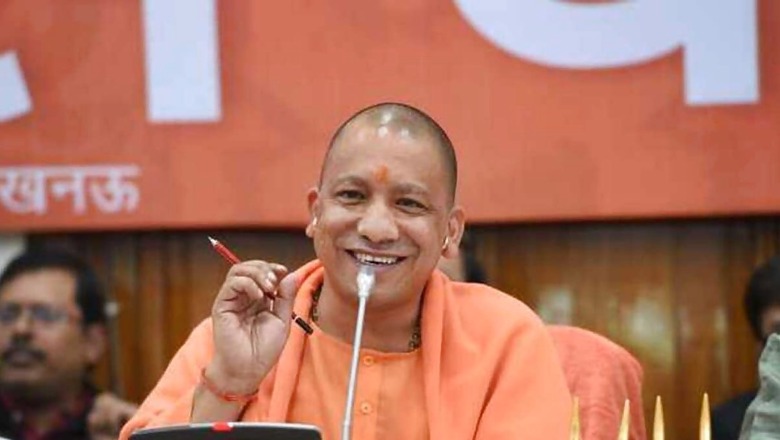
views
West Bengal and Bihar failed in ensuring peace during Ram Navami last week, leading to violent clashes, but thousands of such processions passed off without any trouble in Uttar Pradesh where the Yogi Adityanath government is in power.
What is the secret recipe for peace? “Nothing happened in Uttar Pradesh during the thousands of Ram Navami processions last week…we have a straightforward policy that ensures peace. That is not letting any deviation from existing tradition being allowed, conversation with religious leaders of both sides in peace committees, a religion-neutral approach, and enforcing serious consequences in case of violence,” Uttar Pradesh’s additional director general of police (law and order) Prashant Kumar told News18.
Kumar says Uttar Pradesh sees more Ram Navami processions than all other states put together. “The key is not allowing any new tradition to celebrate any festival. Be it Ram Navami or Muharram, it has to be held by tradition. Before any major festival, we take all religious groups on board — at the level of the police station, superintendent of police, and district level. The religious leaders are told that ensuring peace and law and order is everyone’s responsibility and what precautions must be taken,” he said.
The religious leaders are also told of serious consequences if things go wrong. “We have a law now for penal provisions in case there is damage to public property and recoveries are enforced. We take severe action against defaulters. There is a general perception in the state that the government is neutral and will act if peace is disrupted,” Kumar explained.
An issue that has emerged in both West Bengal and Bihar is Ram Navami processions passing close to mosques or what has been termed “Muslim areas”, causing tensions and instances of stone-pelting. Kumar said that in UP, if a “traditional route” involves a Ram Navami procession passing close to a mosque or a Muharram procession passing close to a temple, precautions are taken by involving the relevant communities much in advance.
“If there is such a traditional route, in a peace committee meeting, it is made clear that when Ram Navami processions pass by a mosque, then it is the responsibility of the important people of the Muslim community to be present there and ensure that it passes off peacefully. During Muslim festivals, we similarly ask important Hindu leaders to be present. It is not forced, it is being told to them that it is in the interest of everyone that peace is maintained,” Kumar said.
A central government source in Delhi said the reports from Bihar and West Bengal pointed to “appeasement politics” and a “weak political will” to stop communal violence, as well as the perception among people of “bias”. The source said the public statements of the chief ministers of West Bengal and Bihar pointed to such an approach, which has led to a breakdown of law and order in both states this time.
West Bengal had seen trouble during Ram Navami processions last year too but no lessons were learnt by the state government, a central government source told News18.
Read all the Latest India News here


















Comments
0 comment